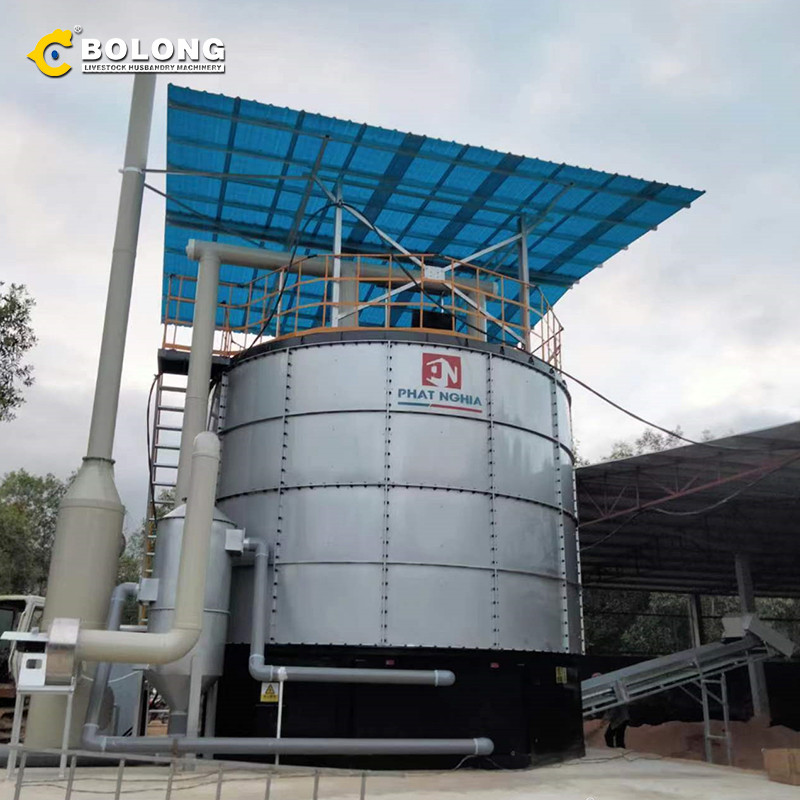
2009/8/29/ · Several issues of butyric acid production with bacteria through fermentation are presented in this review. The current progress including the utilization of butyric acid, the production strains, the metabolic pathway, and regulation are presented in the paper. Process operation modes such as batch, fed-batch, and continuous
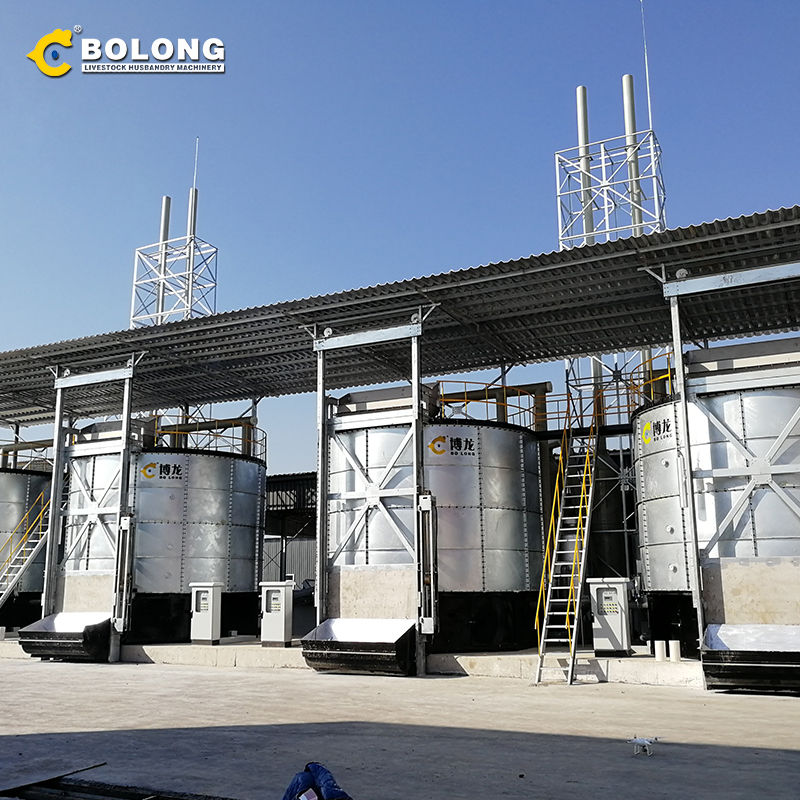
2024/2/11/ · I recommend this fermentation container by E-Jen. Similarly to the one from Crazy Korean Cooking, it is 0.9 gallons. But other sizes are also available between 0.45 gallons and 4.4 gallons. E-Jen also offers round fermentation containers between 0.8 gallons and 8.4 gallons in size. Ceramic Crocks (and Onggi) Traditionally kimchi is
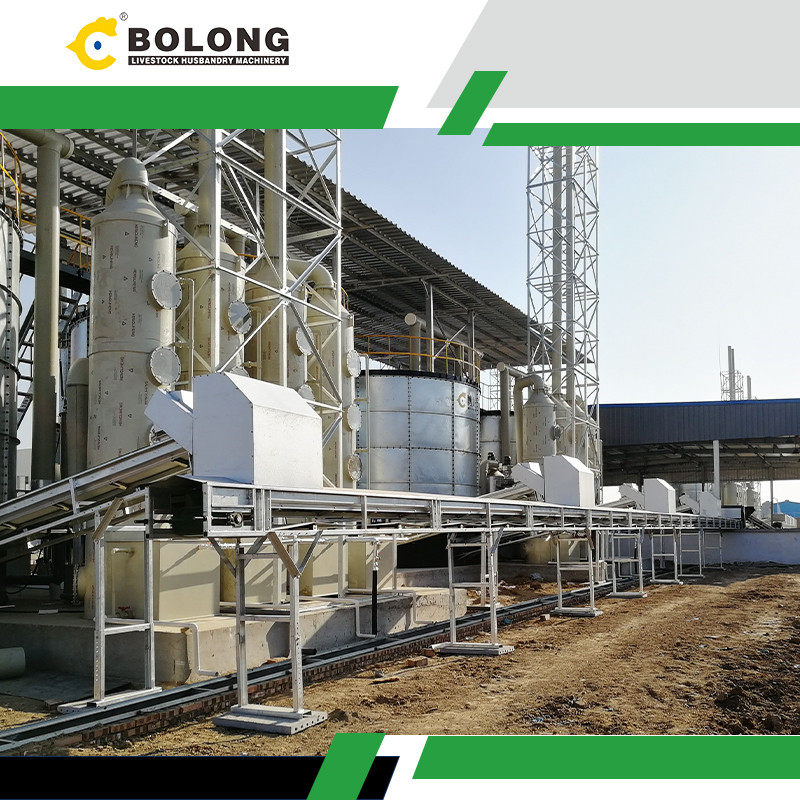
In an effort to make bio-products more economically competitive, increased attention has been paid to developing open (unsterile) and continuous processes. If well conducted, continuous fermentation processes will lead to the reduced cost of industrial bio-products. To achieve cost-efficient open and continuous fermentations, the feeding of raw
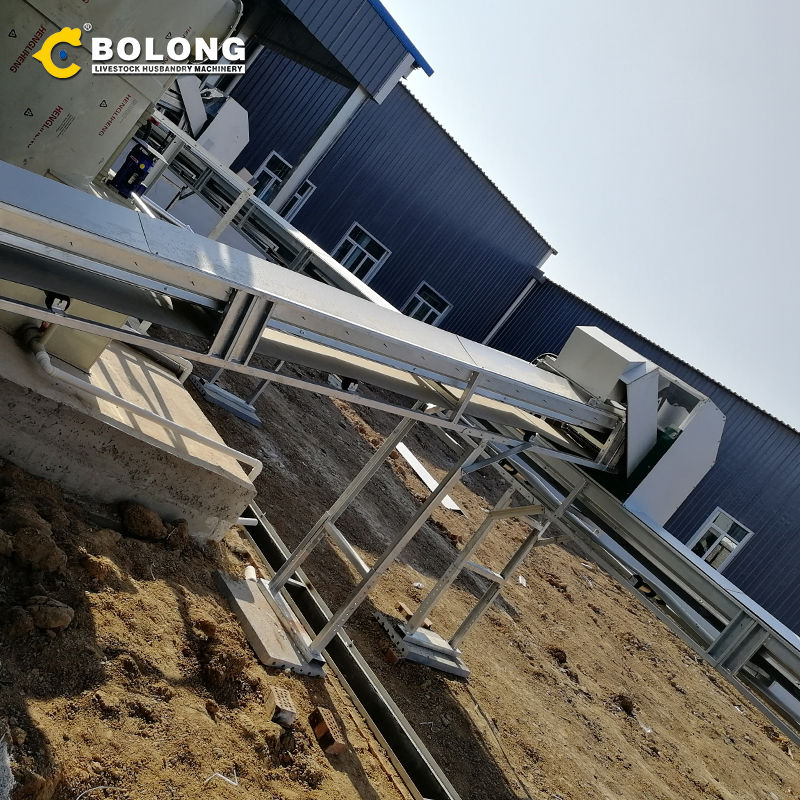
2021/3/23/ · As shown in Figure 1, it represents a traditional solid-state fermentation (SSF) process that all of the materials during transportation, mixing, fermentation, distillation, and reuse are solid.Almost all of the famous high-quality Baijiu brands in China are produced using SSF, except for the Mi- and Chi-flavor Baijiu. In contrast, other
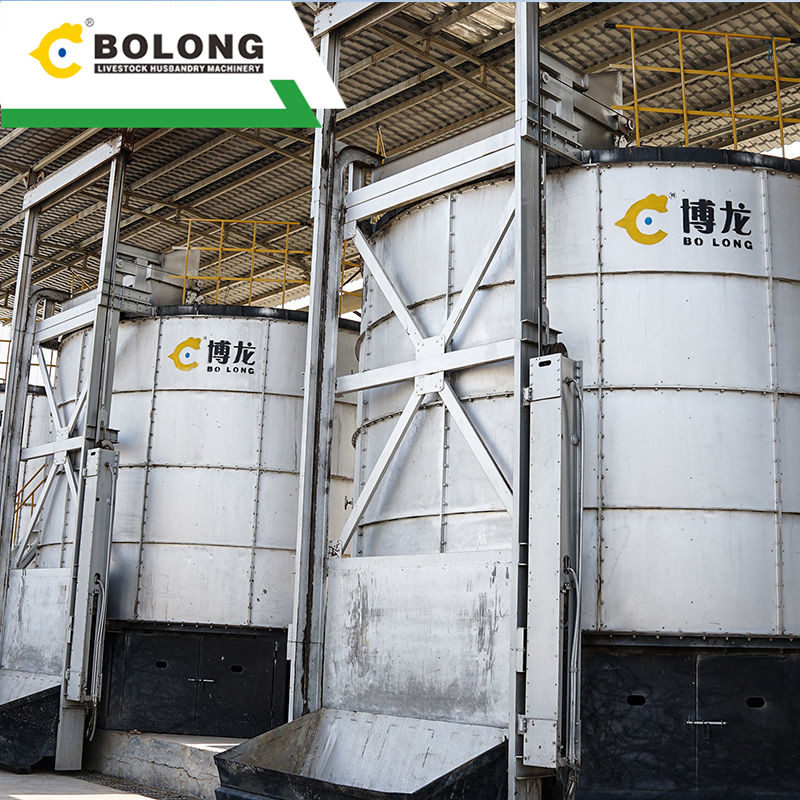

This chapter will describe some of the general aspects of setting up and running fed-batch and continuous culture, and will compare these with simple batch culture. This content is only available as a PDF. Abstract. A variety of techniques has been developed for the submerged culture of microorganisms. Batch and fed-batch culture have been part
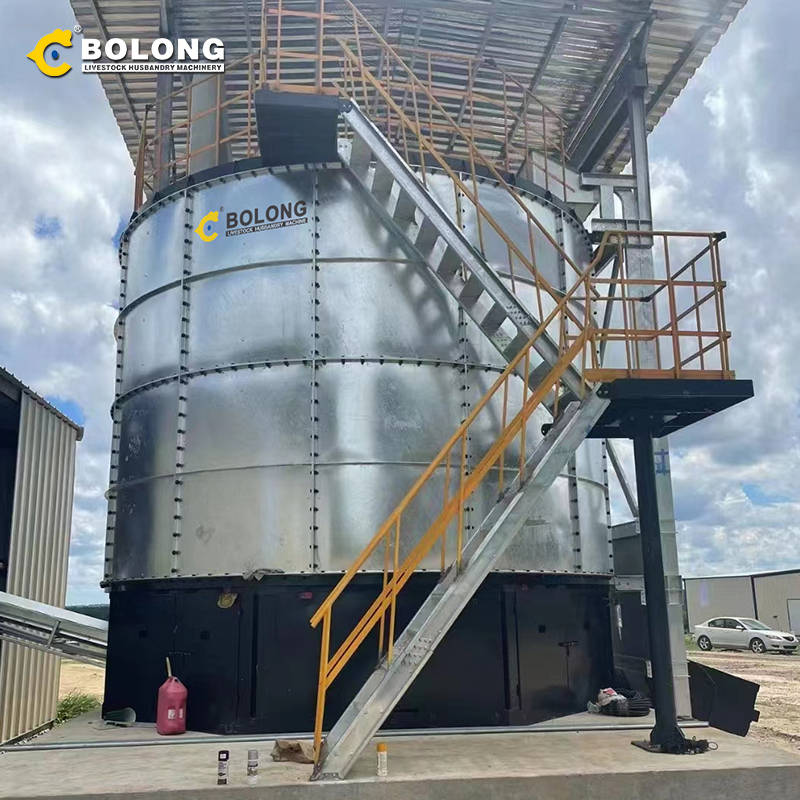
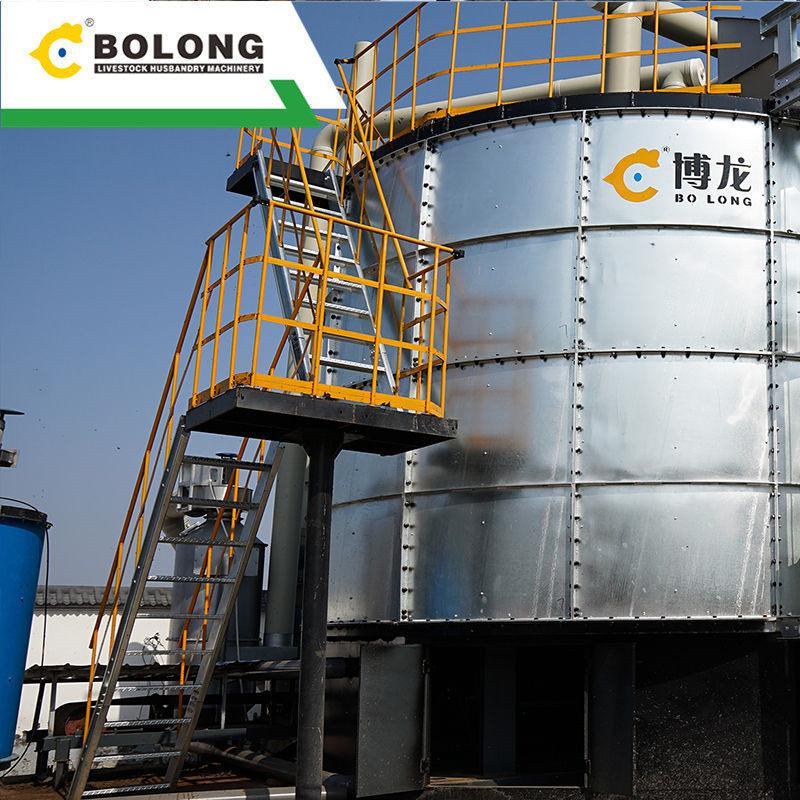
2021/9/18/ · Continuous Culture Definition. Continuous culture is a continuous process where nutrients are continually added to the bioreactor and the culture broth (containing cells and metabolites) is removed at the same time. The volume of the culture broth is constant due to a constant feed-in and feed-out rate (i.e consumed nutrients are

Most current biotechnology industries are based on batch or fed-batch fermentation processes, which often show low productivity and high production costs compared to chemical processes. To increase the economic competitiveness of biological processes, continuous fermentation technologies are being developed that offer significant

2024/5/23/ · Bioreactor: Design, Principle, Parts, Types, Uses, Diagram. A bioreactor is a type of fermentation vessel that is used for the production of various chemicals and biological reactions. It is a closed container with adequate arrangement for aeration, agitation, temperature and pH control, and drain or overflow vent to remove the waste

supply maximized. Oxygen is important for culture growth, and the amount of oxygen dissolved in the medium (dissolved oxygen concentration, DO) is continuously measured with a DO sensor. To keep DO at setpoint, a DO cascade is often set up in and executed by the bioprocess control software. Figure 2 shows an example for a typical DO cascade.

The process of fermentation will lower the available sugar and the pH to below 4.0 which prevents the growth of spoilage bacteria. Keep fermented peppers below 60℉ ( ℃) to slow microbial action. Once you have opened your fermented pepper container it is a good idea to store the open container in the fridge.


2023/8/21/ · The large fermentation vessel is not merely a container to hold fermenting substrates. It’s a meticulously engineered environment to ensure optimal fermentation conditions. Due to the scale of operations and efficient supply chains, Chinese manufacturers can often deliver products faster than their counterparts in other

The Upstream Process: Principal Modes of Operation. Eva K. Lindskog, in Biopharmaceutical Processing, 2018 31.3.4 Continuous Fermentation. Continuous fermentation is a microbial process with a constant flow of culture medium through the reactor (Fig. 31.1).The main difference compared with an animal cell perfusion process is …